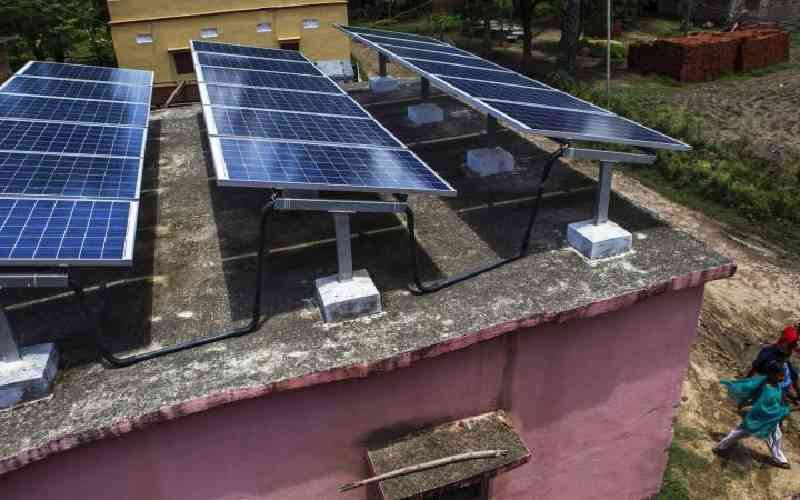
There is a glaring evidence that climate change is increasingly pushing both Global North and Global South to extreme edges in many dimensions. Millions of local communities in developing countries are the most affected by the negative effects of climate change.
As the global community braces for more notable escalation presented by unprecedented climate catastrophe the world is confronting today, millions of local communities around the world will witness cascading impacts of extreme weather events such as food crisis and severe droughts.